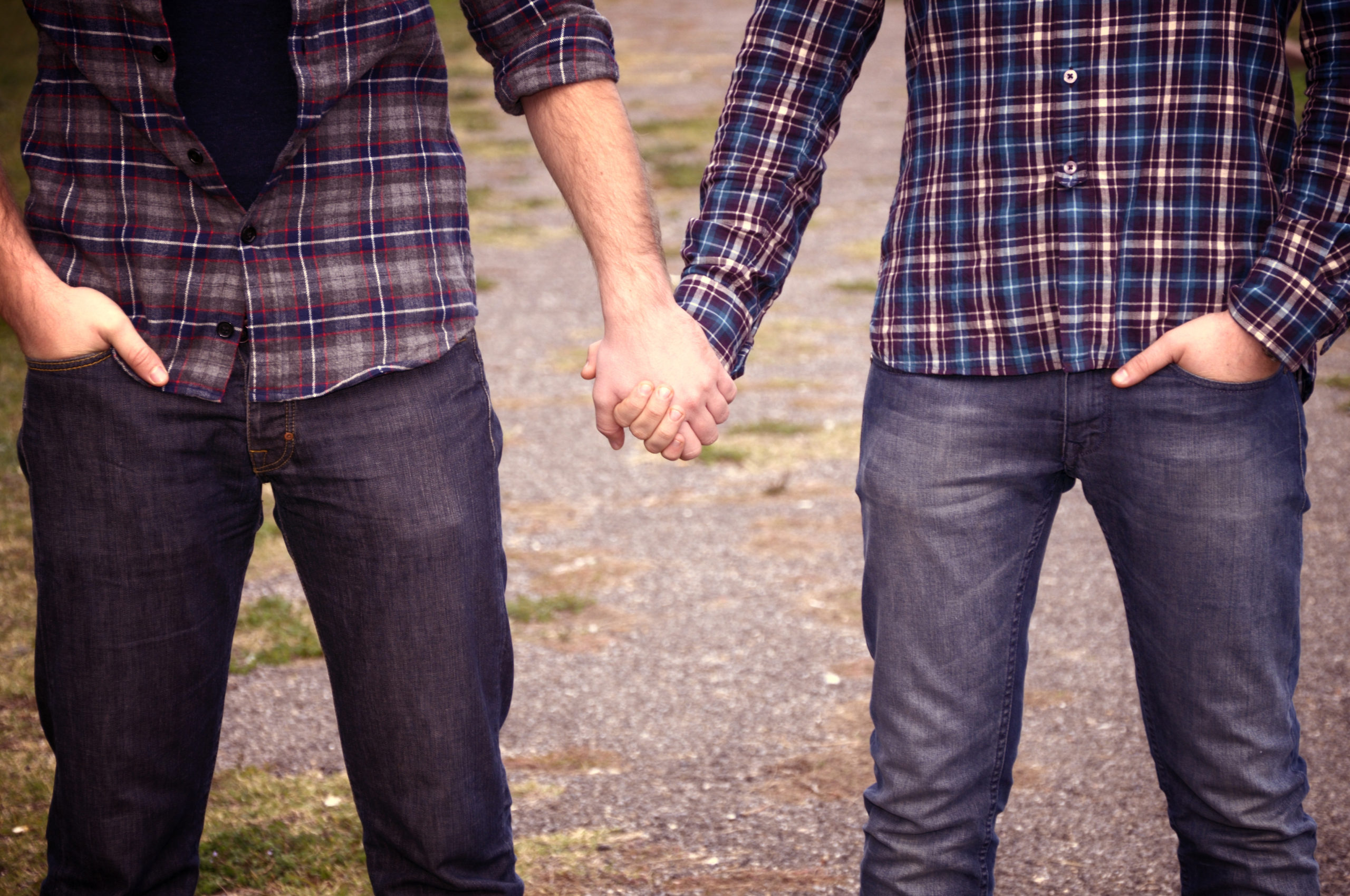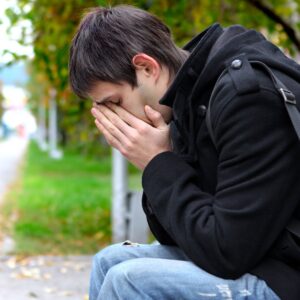
I might be gay, but I was too scared to talk about it.
Growing up as a boy, I was always aware that I was different. In school, people usually form friendships by making connections and finding mutual interests with one another. However, when I was in school, I had difficulty identifying with a certain friend circle; thus, I spent most of my school life without friends.
I was attracted to boys around me in school. Since our society has conditioned us to accept only heterosexual couples, I was terrified of sharing my feelings with other people. Truth be told, I was struggling with accepting myself; one part of me was attracted to other guys in the class while the other part felt ashamed of it. I began to despise myself. As a result, I suffered from lack of self-confidence and self-esteem issues.
After entering University, I was finally in an environment where people accepted homosexuality. There was a club in my college called the Queer Collective. The club created a safe space for people who identified as a member of the queer community. They would celebrate each other, organise events, and even spread awareness about the LGBTQ+ community. Unfortunately, I was still not completely comfortable with accepting myself. The heteronormative social construct in my head still did not let me be who I was. I continued to think that something was wrong with me. My self-doubt grew worse because I was now in a space where, if I wanted, I could express myself freely; I could share the feelings that I had been holding on to for so long with people around me. However, I was still afraid to be myself.

In an attempt to feel better, I forced myself to flirt with women. I even got into relationships with them, hoping that I would eventually forget my feelings for men. I started jumping from one relationship to another with women because I could never develop romantic feelings for them. Such a lifestyle made me feel worse. Not only was I failing at suppressing my feelings for men, I felt immense guilt for lying to the women I was seeing.
Recovering from such a spiral felt impossible since my family was very traditional. I knew they would not accept me or even understand me, for that matter. I was going through a major identity crisis. When the second year of university started, I went into my shell again. I stopped interacting with people altogether. I did not attend my classes regularly, study, or participate in any extracurricular activities. I spent most of my time in bed, looking at the ceiling, feeling miserable. I even started getting suicidal thoughts. I did not know what to do.
My older sister was the first to notice these drastic changes in me. She attempted to converse with me, and I fell into tears in front of her since I didn’t know what was wrong with me. All the emotions I had bottled up seemed to spill out. My sister then scheduled a session with a therapist, and her decision altered the course of my life.
For the first time in 20 years, I was able to share my feelings and experiences with someone about which I had previously been too scared to speak. My therapist created a non-judgmental space for me in which I felt very much at ease. Finally, I felt heard and understood. She told me how vital it was for me to first accept myself for who I am, and then think about others and the society. She informed me that I needed to acknowledge and accept all of the feelings that I had been suppressing for so long, leading to the situation where I was.
The therapist aided me in my journey to discover my identity. An identity in which I realized that being attracted to people of my gender was okay; it only made me human. I began to recognise my feelings and chose to join my university’s Queer Collective as a first step, as suggested by my therapist. I met so many people who were similar to me, with whom I identified. These people had similar experiences to mine. They had all struggled to understand themselves at some point, and I finally felt like I had a community. I wasn’t alone!
I am currently on the mend. I feel better and have made significant changes in my life. I go to college regularly, have friends, my sister understands me, and my therapist is always there for me.
Rashika Suneja
Thumbs up